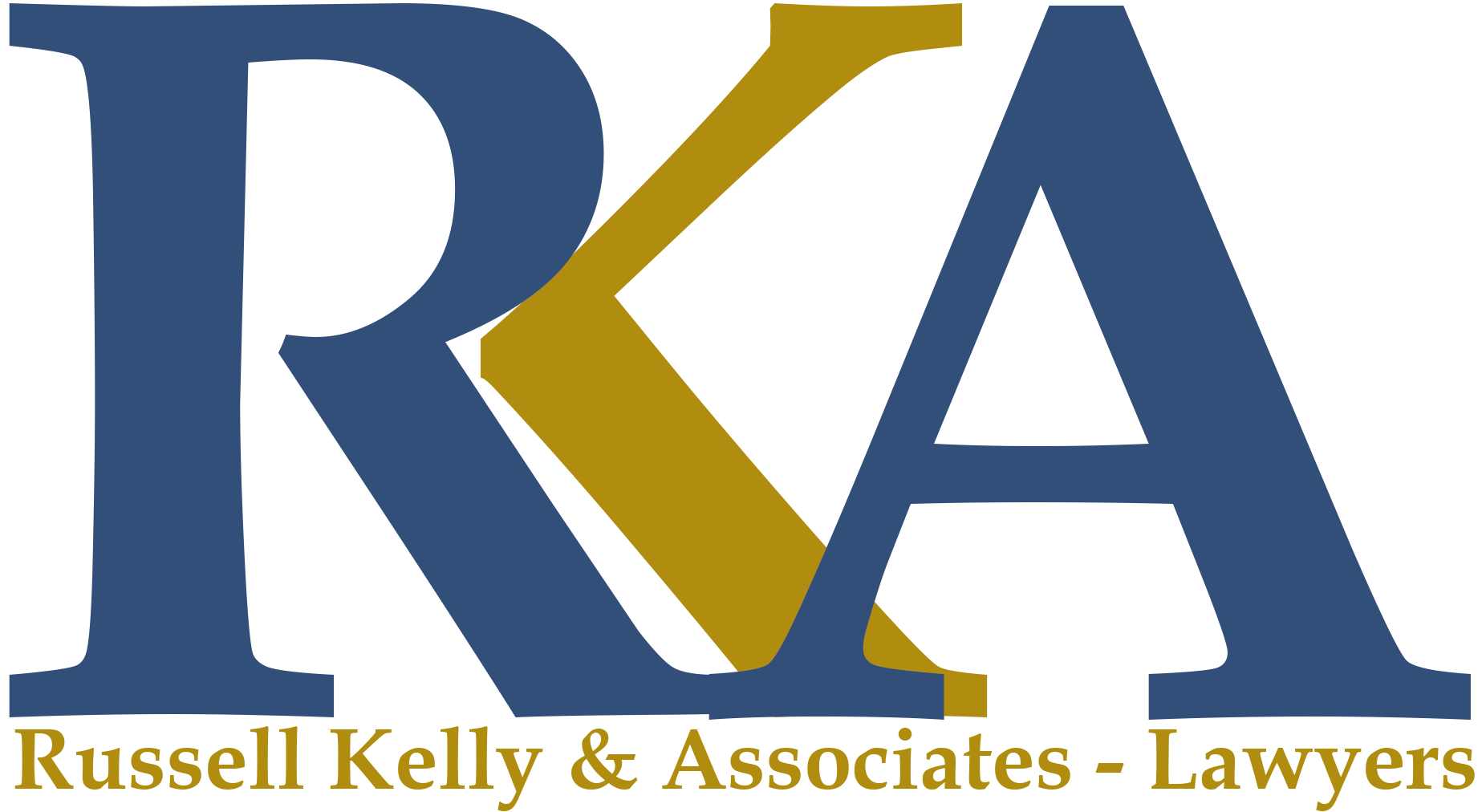Safety Due Diligence
The ramifications that an Occupational Health Section 26 Safety (OHS) breach can have for your business and you personally could be disastrous. The fact that directors and managers may be personally liable for OHS breaches of their companies and may be imprisoned for up to five years remains a very frightening reality.
The gravity of this liability has been realized recently in a case in the New South Wales Industrial Relations Commission. The defendant was the CEO of a group of approximately thirty companies world wide, one of which was prosecuted for a breach of OHS obligations after an employee suffered fatal injuries. This company conducted a wash facility for sea shipping containers which made use of highly caustic and dangerous chemicals. The CEO was not ordinarily a resident in Australia and had very little involvement in the day-to-day running of the company. His evidence included that he had employed specialized OHS representatives to look after safety in Australia and relied upon general managers to inform him of matters of the company, including safety. The CEO only visited the site where the incident occurred approximately once very two months. The CEO argued that he had taken an active role in OHS by being informed of safety matters and by recommending safety audits.
The CEO sought to rely on the two defences under the Occupational Health and Safety Act:
- that he was not in a position to influence the conduct of the corporation in relation to its contravention; and
- that he had used “all due diligence” to prevent the contravention by the corporation.
In finding the CEO guilty, the court discussed the “all due diligence” defence and held that establishing the defence requires a significant amount of involvement in safety matters including, but in no way limited to:
- Knowledge of the nature of the operation including, in this case, specifics of chemicals used in the operations, the dangers employees were exposed to by use of the chemicals, the need to earth the wash facility and the use of protective clothing;
- Implementing a proper safety management system to protect against the occurrence of an OHS breach;
- Proper auditing and risk assessments of the business operation at the time of its commissioning or shortly thereafter by an experience and qualified person;
- Proper training in occupational health and safety of all employees;
- Proper process of audit and supervision in checking to ensure the safety management system is working rather than relying on assumptions; and
- Implementation of a system that would have resulted, in the very least, in the CEO knowing that people who ere in OHS positions were trained, that monthly safety audits were conducted and that risk assessments in respect of new facilities had been undertaken.
It appears from the court’s decisions, that the “all due diligence” requirement of executive managers is onerous.
Have you used “all due diligence” to provide against a contravention of an OHS breach in your organization?
If you need assistance in implementing a safety management system, auditing your safety management system or ensuring compliance and “all due diligence” please do not hesitate to contact our office.
Readers should not act or rely on this information without first seeking out professional advice concerning their particular circumstances
